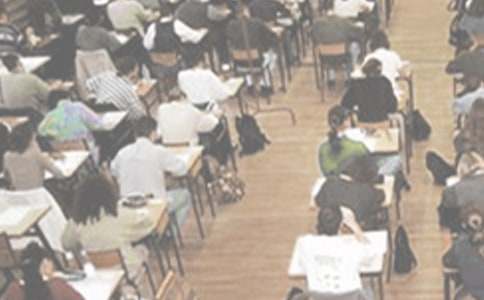- 相关推荐
2017年6月大学英语六级考试翻译真题
2017年6月17日,大学英语六级笔试考试已经结束,各位考生对于本次大学英语六级考试感觉如何呢?文都教育的英语老师在第一时间为大家整理出大学英语六级真题中翻译的参考译文,希望大家都能够顺利通过本次英语六级考试。

明朝
【翻译原文】
明朝统治中国276年,被人们描绘成人类历史上治理有序、社会稳定的最伟大的时代之一。这一时期,手工业的发展促进了市场经济和城市化。大量商品,包括酒和丝绸,都在市场销售。同时,还进口许多外国商品,如时钟和烟草。北京、南京、扬州、苏州这样的大商业中心相继形成。也是在明代,由郑和率领的船队曾到印度洋进行了七次大规模探险航行。还值得一提的是,中国文学的四大经典名著中有三部写于明朝。
【参考译文】
The Ming Dynasty, which reigned China for 276 years, is described as one of the greatest epochs with orderly governance and social stability in human history. During this period, the development of handicraft industry promoted the development of market economy and urbanization. Large scale of commodities, including wine and silk, were sold in the market. Meanwhile, many foreign goods such as clocks and tobacco were imported. Business centers like Beijing, Nanjing, Yangzhou, Suzhou were taking shape in succession. It was also in Ming Dynasty that Zheng He led the seven large-scale expeditions to the Indian Ocean. Particularly worth mentioning is that three of the four great classics in Chinese literature are written during the Ming Dynasty.
唐朝
【翻译原文】
唐朝始于618年,终于907年,是中国历史上最灿烂的时期。经过三百年的发展,唐代中国成为世界上最繁荣的强国,其首都长安是世界上最大的都市,这一时期,经济发达,商业繁荣,社会秩序稳定,甚至边境也对外开放,随着城市化的财富的增加,艺术和文学也繁荣起来。李白和杜甫是以作品简洁自然而著称的诗人。他们的诗歌打动了学者和普通人的心,即使在今天,他们的许多诗歌仍广为儿童及成人阅读背诵。
【参考译文】
The Tang dynasty, which began in 618 and ended in 907, is generally regarded as the most prosperous period in Chinese history. After three hundred years of development, the Tang Dynasty has become the most prosperous power around the world. Its capital Chang’an was the largest city in the world at that time. During this period, economy developed, commerce thrived, social order was stable, and even the border was open to the outside. Wealth increased due to urbanization, art and literature also flourished. Li Bai and Du Fu are poets who are renowned for their simple and natural writing style. Their poems touched the hearts of scholars and ordinary people; even today, many of their poems are still widely read and recited by children and adults.
【6月大学英语六级考试翻译真题】相关文章:
大学英语六级翻译真题07-04
2017翻译考试中级口译模拟真题11-03
大学英语六级听力真题09-07
2016年12月英语六级真题翻译08-10
2017翻译考试中级口译模拟真题答案08-09
2015全国翻译专业资格考试真题08-06
2017年翻译考试中级口译模拟真题08-02
2017初级翻译考试口译模拟真题及答案07-24
大学英语六级作文真题范文10-18